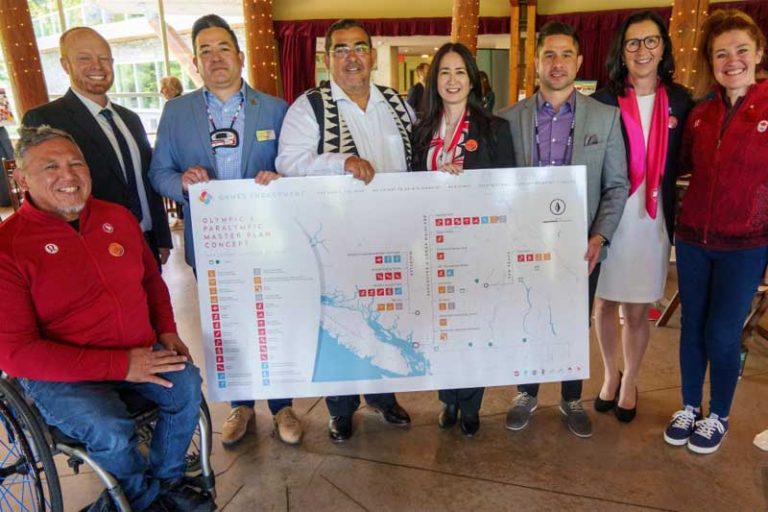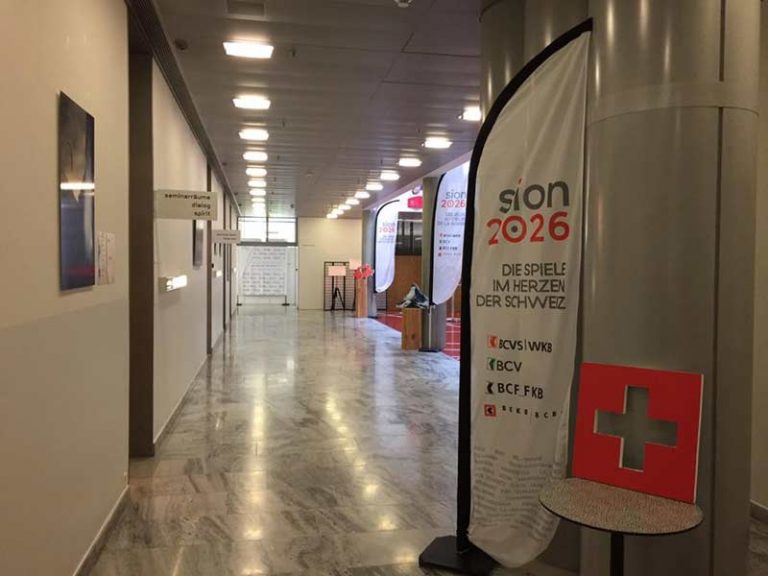Reports on Thursday that Salt Lake City officials have shifted focus to hosting the Olympic Winter Games in 2034 instead of 2030 might have been premature. Further clarification from both the bid committee and the International Olympic Committee (IOC) Friday assured that interest in staging a U.S. Games in 2030 remains as long as the two partners can agree on the opportunity.

“Our focus will continue to be ready to host whenever we can best serve the Olympic Movement, be that 2030 or 2034. While we’ve long known that 2030 presents challenges, we remain eager to host the Games in either 2030 or 2034,” President and CEO of Salt Lake City-Utah Committee for the Games (SLC-UT) Fraser Bullock wrote in a statement to GamesBids.com.
“We will figure this out, but if we have a preference, it would be better for us to do 2034,” USOPC chair Susanne Lyons had told reporters following a closed board meeting Thursday.
Lyons said her doubts on 2030 resonated from inflation and recession risks that would be amplified with a back-to-back Games in the United States following the Los Angeles 2028 Olympics. She also noted that IOC officials continued to harbor “hard feelings” from the U.S. government’s open criticism of China’s human rights record in the run-up to the Beijing 2022 Winter Games.
The United States staged a diplomatic boycott of China’s Olympics.
“It’s really a complicated effort and the advice that we have given and continue to give is everybody pull at the same rope,” Olympic Games Executive Director Christophe Dubi said when asked by GamesBids.com to elaborate on Lyons’ earlier comments about China.
“What we discussed in the context of United States but elsewhere including when we do organize the Games is that it is essential that we see the Games, the effort at the time of bidding or organizing, or when preparing for the Games that there is the best possible support with an alignment of all constituents.”
Both Japan and Canada, the two other nations involved in the IOC Continuous Dialogue bid process, also orchestrated diplomatic boycotts. Athletes from all three nations attended the Games.
Dubi joined Lyons by not ruling out Salt Lake City from the 2030 Games, explaining that all bids remain in the Continuous Dialogue stage and are under consideration for all upcoming Games.
“We’re not talking about 2030 or 2034 (with Salt Lake City), we’re talking about most definitely about the three value propositions, how to make them as good as possible,” he said.
“The intention that the Executive Board expressed is that the [Future Host] Commission in December would be in a position to recommend, or not, a targeted dialogue. But this is certainly what we have in mind for an election of the host next year in India.”
When pressed on Thursday, Lyons summarized with this:
“Here’s what I left the IOC with: we want to be here when you need us. So, if they come to us and say, we need you for 2030 this is largely a commercial issue, an issue that is solvable. So I think it is really going to be up to the IOC to decide if they want us or not. If they need us, and they may, this is a problem that can be solved. So, I don’t see huge barriers. It is more complicated for us to do back-to-back Games, it does make complications for L.A. and it is perhaps a little bit more difficult now than it might have been with easier tailwinds behind us a year or so ago, but certainly we are not out of the running yet.”


